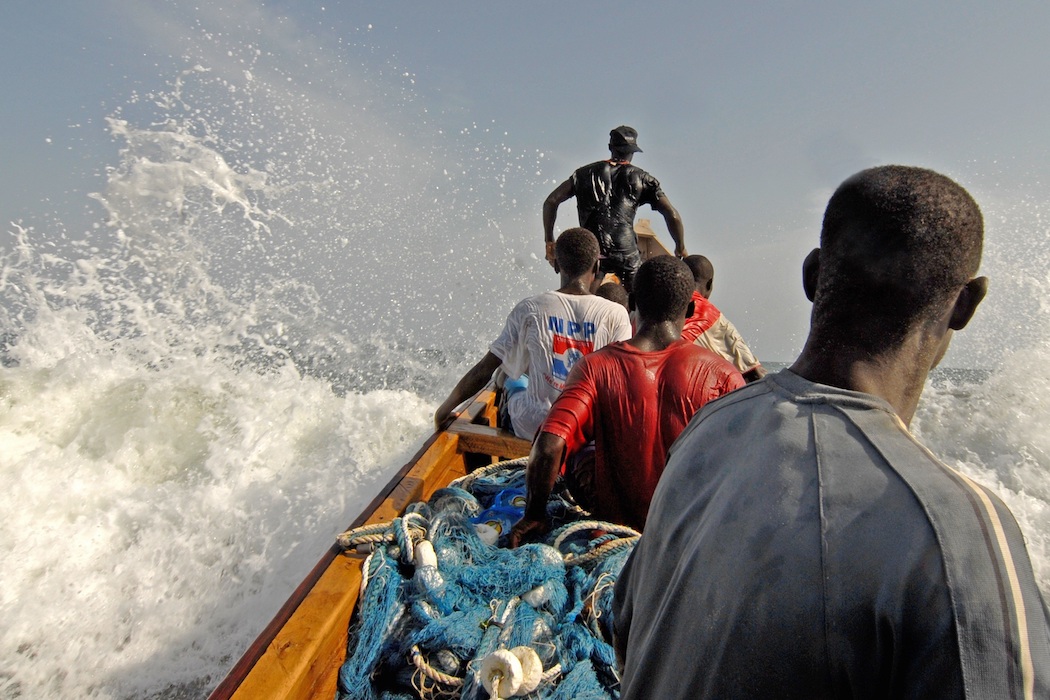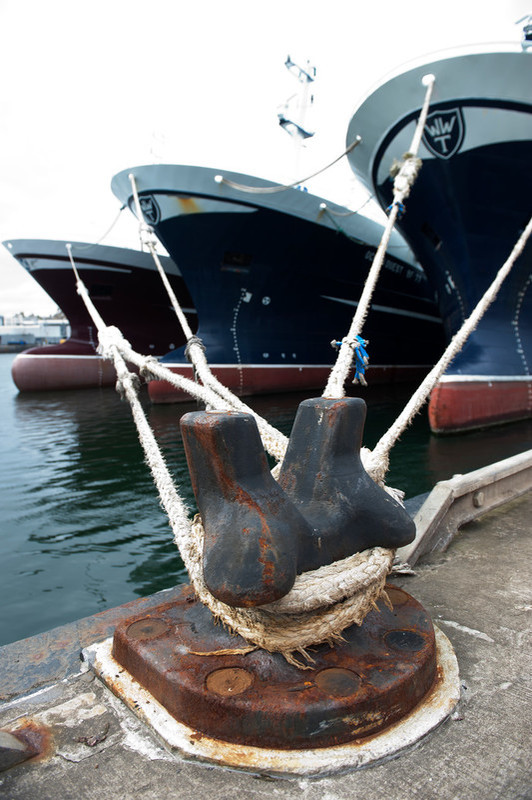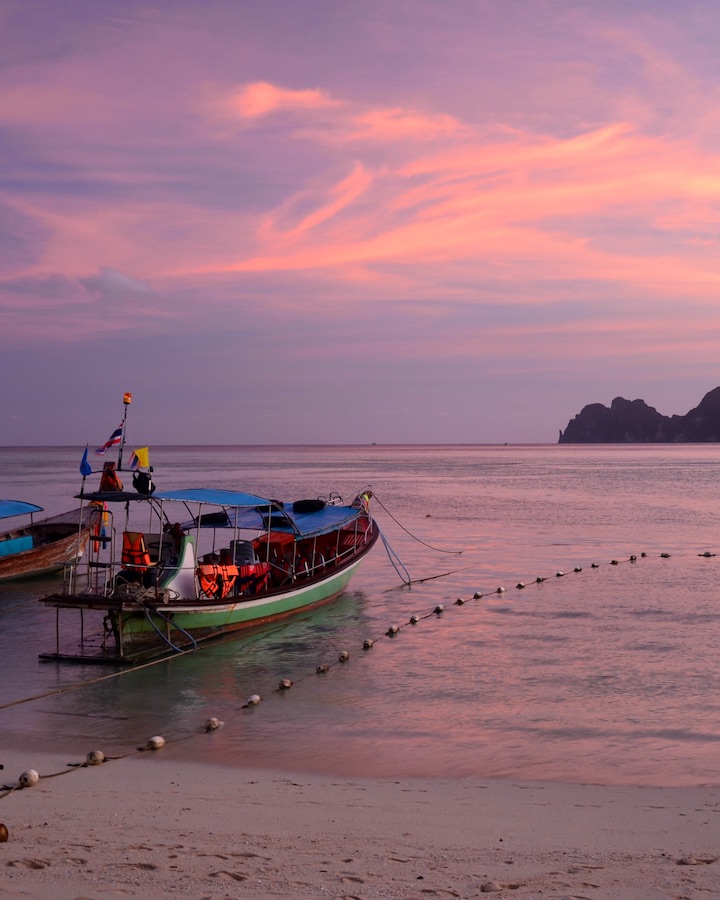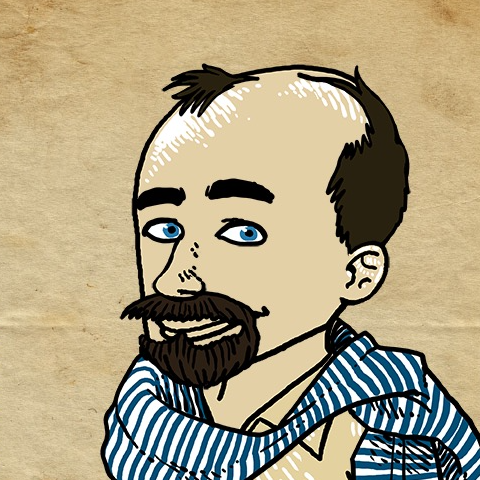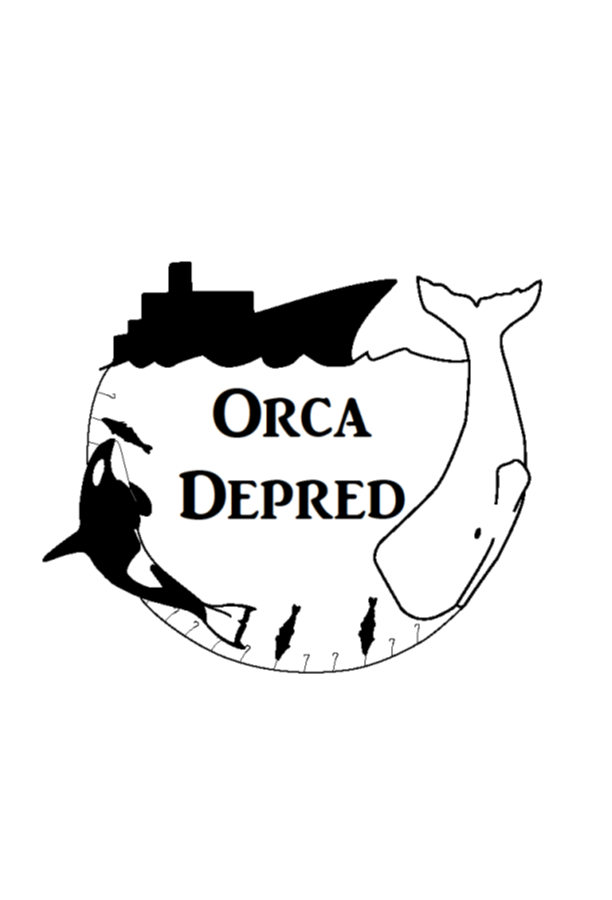International Oceans Governance (IOG)
The Sustainable Development Goals (SDG) adopted by world leaders in 2015 set the foundations for an ambitious, inclusive, and resilient transformation that recognises poverty as one of the biggest challenges and aims to eradicate it. This 9 month study assisted the European Commission in identifying areas and projects for capacity development in 13 selected developing partner countries in the Central East Atlantic and Indian Ocean to help them achieve one or more of the 10 targets set under SDG 14. The study may also serve as a pilot for future studies in other geographical regions. The assignment addressed the following 3 specific objectives: 1. State of play; 2. Identification of main problem areas and gaps; and 3. Recommendations for concrete projects.
